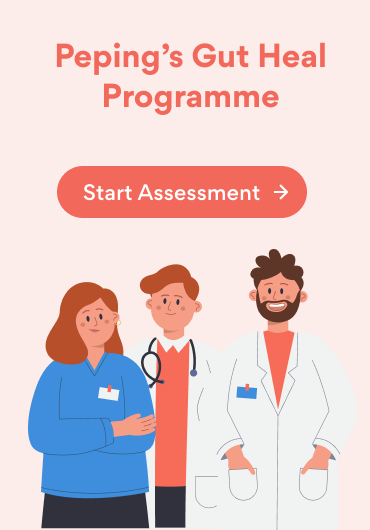Stress eating is a common phenomenon where individuals turn to food as a coping mechanism for stress, anxiety, and emotions. While it may provide temporary comfort, it can have long-lasting effects on gut health. In this article, we will explore the relationship between stress eating and gut health, and provide tips on how to manage it.
What is Stress Eating?
Stress eating refers to the habit of consuming food in response to stress, anxiety, boredom, or any other negative emotion. It can range from snacking on junk food to overeating at meal times. Stress eating can also be a result of an unhealthy relationship with food, where food becomes a source of comfort or distraction.
How Does Stress Eating Affect Gut Health?
Stress eating can negatively impact gut health in several ways. Firstly, stress can disrupt the balance of gut bacteria, leading to an overgrowth of harmful bacteria and a decrease in beneficial bacteria. This can cause digestive issues, such as bloating, constipation, and diarrhoea.
Secondly, stress eating can lead to a diet high in unhealthy and processed foods, which can cause inflammation in the gut. Inflammation can cause a leaky gut, where harmful substances can pass through the intestinal walls into the bloodstream, causing a range of health problems.
Finally, stress eating can also lead to weight gain, which can further contribute to digestive issues and overall poor gut health.
Tips for Managing Stress Eating
To manage stress eating, it is important to first identify the root cause of the stress. This can include work-related stress, relationship issues, financial problems, and more. Once the root cause has been identified, individuals can take steps to address it, such as seeking therapy, making lifestyle changes, or finding healthy coping mechanisms.
Additionally, it is also important to adopt a healthy relationship with food. This can include planning meals, avoiding triggers, and finding alternative sources of comfort. Incorporating a balanced diet rich in fibre, fruits, and vegetables can also support gut health.
Finally, engaging in regular exercise and practising mindfulness can also help manage stress and improve gut health.
Conclusion
Stress eating can have significant impacts on gut health, including disruptions in gut bacteria, inflammation, and weight gain. To manage stress eating, it is important to address the root cause of the stress and adopt a healthy relationship with food. Incorporating a balanced diet, regular exercise, and mindfulness can also support gut health.













